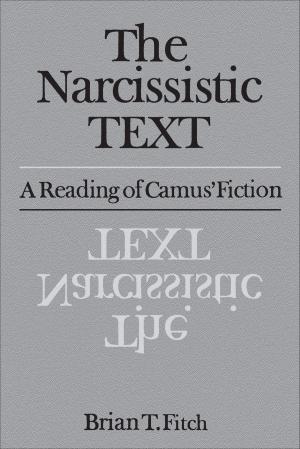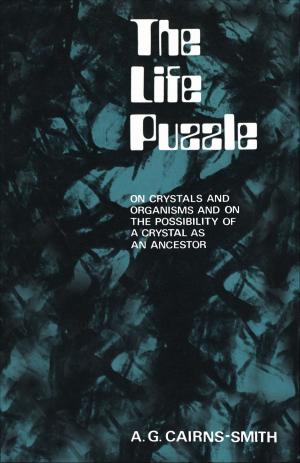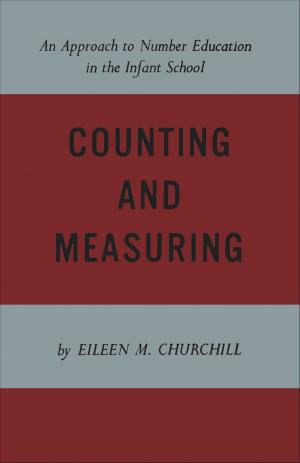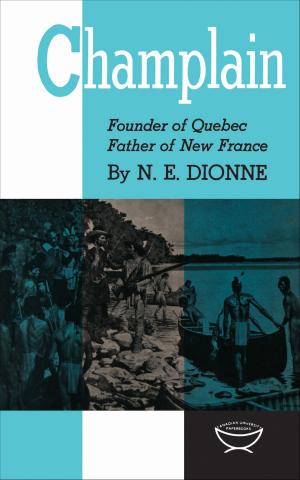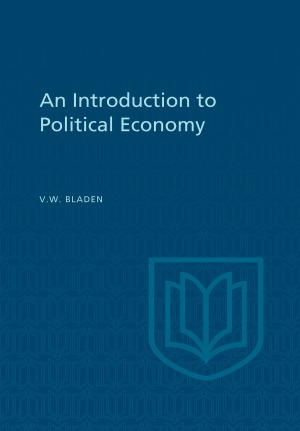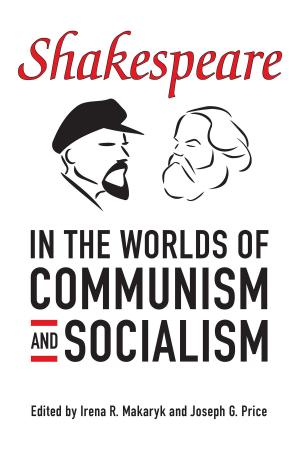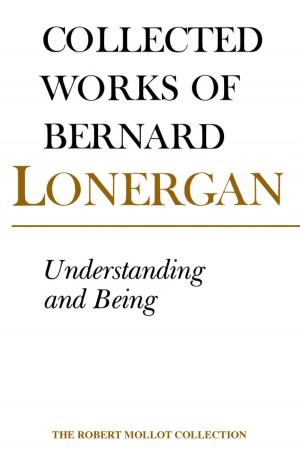If I Lose Mine Honour, I Lose Myself
Honour among the Early Modern English Elite
Nonfiction, History, Renaissance, Social & Cultural Studies, Social Science, Gender Studies, Modern| Author: | Courtney Thomas | ISBN: | 9781487512743 |
| Publisher: | University of Toronto Press, Scholarly Publishing Division | Publication: | September 18, 2017 |
| Imprint: | Language: | English |
| Author: | Courtney Thomas |
| ISBN: | 9781487512743 |
| Publisher: | University of Toronto Press, Scholarly Publishing Division |
| Publication: | September 18, 2017 |
| Imprint: | |
| Language: | English |
Moving beyond the preoccupation of honour and its associations with violence and sexual reputation, Courtney Thomas offers an intriguing investigation of honour’s social meanings amongst early modern elites in sixteenth- and seventeenth-century England.
If I Lose Mine Honour I Lose Myself reveals honour’s complex role as a representational strategy amongst the aristocracy. Thomas’ erudite and detailed investigation of multi-generational family papers as well as legal records and prescriptive sources develops a fuller picture of how the concept of honour was employed, often in contradictory ways in daily life. Whether considering economic matters, marriage arrangements, supervision of servants, household management, mediation, or political engagement, Thomas argues that while honour was invoked as a structuring principle of social life its meanings were diffuse and varied. Paradoxically, it is the malleability of honour that made it such an enduring social value with very real meaning for early modern men and women.
Moving beyond the preoccupation of honour and its associations with violence and sexual reputation, Courtney Thomas offers an intriguing investigation of honour’s social meanings amongst early modern elites in sixteenth- and seventeenth-century England.
If I Lose Mine Honour I Lose Myself reveals honour’s complex role as a representational strategy amongst the aristocracy. Thomas’ erudite and detailed investigation of multi-generational family papers as well as legal records and prescriptive sources develops a fuller picture of how the concept of honour was employed, often in contradictory ways in daily life. Whether considering economic matters, marriage arrangements, supervision of servants, household management, mediation, or political engagement, Thomas argues that while honour was invoked as a structuring principle of social life its meanings were diffuse and varied. Paradoxically, it is the malleability of honour that made it such an enduring social value with very real meaning for early modern men and women.




